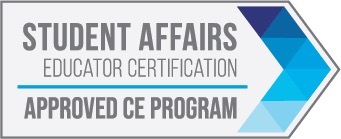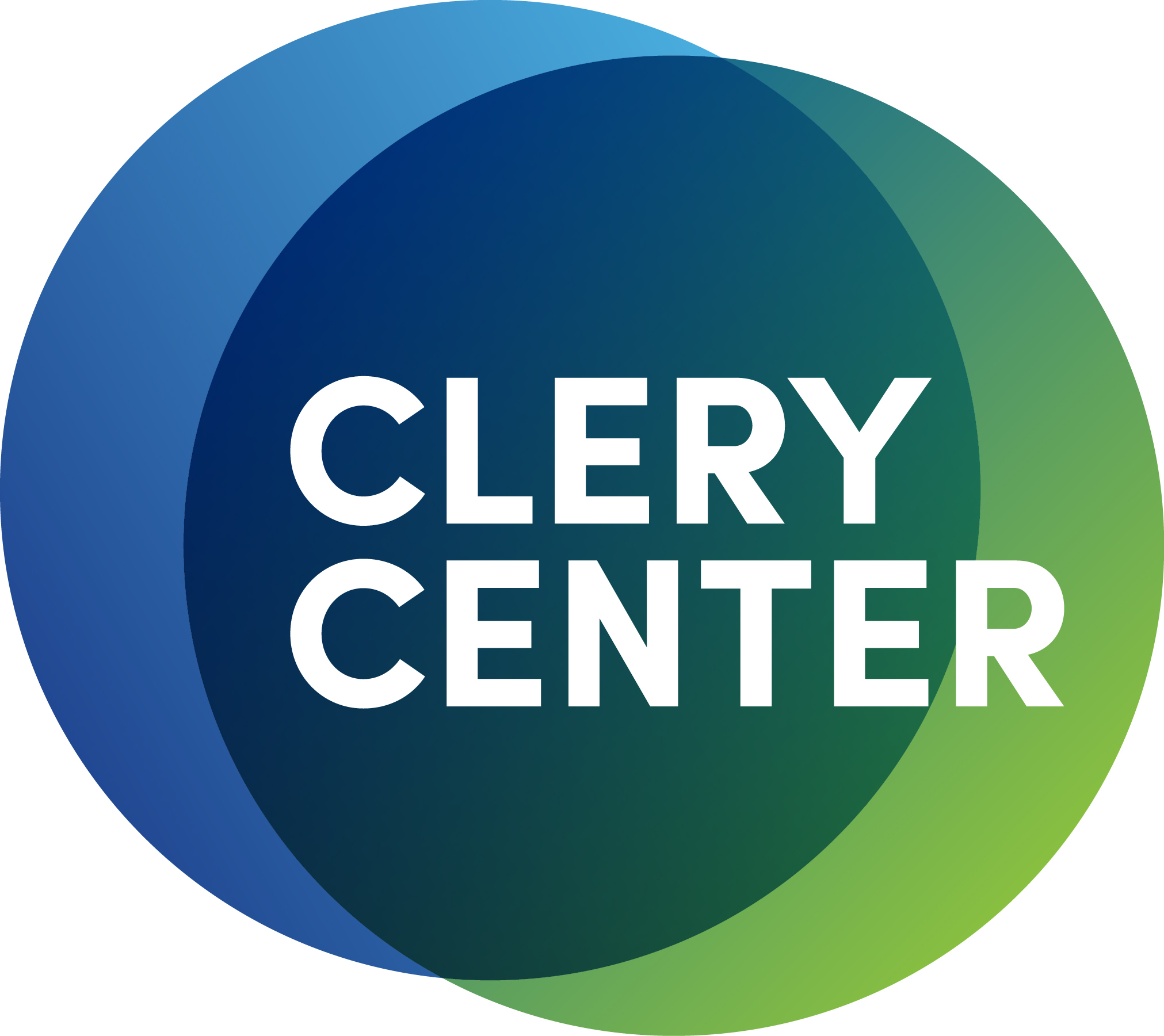
Clery Act Essentials for Student Affairs Professionals
Includes Multiple Live Events. The next is on 10/22/2024 at 2:00 PM (EDT)
- Registration Closed
October 14- October 25, 2024
Two-week course
Presented by NASPA and Clery Center
Clery Act Essentials for Student Affairs Professionals demystifies the aspects of the law that apply to student affairs roles like student conduct, housing, or prevention professionals, no matter your level of experience or responsibility. We will explain each component of the law’s requirements and tie them directly to the day-to-day responsibilities of student affairs practitioners. Course attendees will understand the actions they can take, policies they can write, and practices they can employ that support the implementation of the Clery Act campus-wide. Overall, Clery Act Essentials for Student Affairs Professionals provides a foundational overview of the basic requirements of the Clery Act, drawing from the statute, regulations, and current Department of Education guidance. This training provides an in-depth introduction to the Clery Act and is an ideal primer for our more advanced trainings, such as Virtual, In-Person, or Online Clery Act Training Seminars (CATS).
Learning Outcomes
- Internalize the building blocks of Clery crime statistics:
- Identify campus security authorities (CSAs)
- Name Clery Act geography categories
- Define and count Clery Act Crimes
- Distinguish between timely warnings and emergency notifications
- Understand the prevention, response, and disciplinary procedures requirements for dating violence, domestic violence, sexual assault, and stalking (DVSAS), including their intersections with Title IX.
- Apply knowledge of DVSAS policies and procedures requirements to the policy statement information compiled for the annual security report, recognizing its relationship to student conduct, housing, and prevention work.
Course Pricing
Member: $649 (member price for NASPA and Clery Center members)
Non-Member. $849
Course Outline
Session 1: Crime Statistics and Reporting
- Campus Security Authorities
- Overview of the Clery Act crime statistics
- Clery Act geography
- Reporting and your role
Session 2: Timely Warnings and You
- Applications, distinctions, and uses of Timely Warnings and Emergency Notifications
- Timely warnings and the intersection with student conduct, housing, and prevention
Session 3: Dating Violence, Domestic Violence, Sexual Assault and Stalking (DVSAS)
- Prevention programs for DVSAS
- Disciplinary and response procedures for DVSAS
Session 4: The Annual Security Report (ASR)
- Relationship between practice and policy statements
- Annual Security Report workshop
- Review the DVSAS components of the ASR and Timely Warnings
Live Sessions
Session 1: October 15, 2-4 pm
Session 2: October 17, 2-4 pm ET
Session 3: October 22, 2-5 pm ET
Session 4: October 24, 2:00-4:30 pm ET
This course will be synchronous and asynchronous, with weekly live sessions. Depending on the content and speakers of each live session, the session may be recorded for viewing at a later date. Attendance and participation in the live session are highly encouraged, as they offer an opportunity to engage in activities and knowledge sharing that will add to the learning experience. Receiving credit for this course is only available for live participation.
Course Commitment and Expectations
This two-week course will require 4-7 hours each week with assignments, engagement, and live sessions. All participants are expected to contribute to discussions and be present during live sessions. The course requires participants to have access to a computer, wifi, and webcam. All live sessions will be via Zoom, providing presentation slides and closed captioning.



Laura Egan
Senior Director of Programs
Clery Center
Laura Egan oversees the development and implementation of programmatic offerings, including Clery Center membership benefits and consultation services, ensuring alignment with the organization’s mission and values. Laura provides strategic direction for program evaluation and the planning and growth of products, training, and services. She presents nationally and provides individualized support on compliance with and implementing Clery Act requirements, campus safety, compliance, and gender based violence and discrimination. Prior to joining Clery Center, Laura worked at Saint Joseph’s University in Philadelphia, PA, for five years, serving in both residence life and student conduct roles after working as a school counselor for three years within the School District of Philadelphia. Laura’s program development work at Clery Center has led to meaningful collaboration and partnerships with organizations like the Anti-Defamation League, International Association of Campus Law Enforcement Administrators (IACLEA), National Organization for Victim Assistance, the State University of New York’s Student Conduct Institute (SUNY SCI) and Victim Rights Law Center. Laura has contributed to Campus Safety Magazine, The Baltimore Sun, The Pittsburgh Post-Gazette, and Christian Science Monitor. Laura earned a B.A. in Psychology from Villanova University and a M.A. in Education and Human Development from The George Washington University.

Abigail Boyer
Associate Executive Director
Clery Center
Abigail Boyer has been with Clery Center since 2012, becoming Associate Executive Director in 2015. She leads the Clery Center team in providing educational resources, training curriculum, and technical assistance tools to help improve campus safety nationwide. She manages the organization’s Office on Violence Against Women technical assistance grants designed to support institutions in enhancing their dating violence, domestic violence, sexual assault, and stalking prevention and response efforts. She also presents nationally on topics related to the Clery Act and campus safety. Prior to joining Clery Center, Abigail served as the Community Outreach Coordinator for The Crime Victims’ Center of Chester County, Inc., where she was instrumental in the development and implementation of programs targeted toward law enforcement, colleges and universities, and other students, parents, and community members. Abigail earned a B.A. in Political Science at West Chester University and an M.S. in Organization Development and Leadership with a concentration in Adult Learning and Training at Saint Joseph’s University. She has been a contributor to Campus Safety Magazine, The New York Times, The Washington Post, the LA Times, and the Huffington Post.

Paul Hinkle
Assistant Director of Programs
Clery Center
Paul leads the development and provision of Clery Center’s live and virtual interactive Clery Act Training Seminars to help institutions in their role of providing safe, educational environments and complying with the Clery Act. In addition, he creates and implements the annual National Campus Safety Awareness Month (NCSAM) programming each September. Prior to joining Clery Center, Paul spent seven years in student conduct and Title IX, working to enhance education, training, and compliance. He champions increasing transparency and understanding of the complexities of campus safety legislation and related university processes. Paul earned his M.Ed. in College Student Affairs Administration from the University of West Florida and a B.A. in English Literature and Secondary Education from Carthage College in Kenosha, Wisconsin.

Cecilia Dockery
Assistant Director of Programs
Clery Center
Cecilia develops and implements programs and training related to campus safety, with a focus on the areas of hazing, sexual assault, and fire safety, and also provides technical assistance to Clery Center members. Prior to joining Clery Center, Cecilia spent ten years in higher education, serving in student conduct roles for most of that time, as well as in Title IX and Housing. Cecilia earned a Bachelor of Science in Aquaculture from Florida Tech and a Master of Education in College Student Personnel Administration from the University of West Florida.
Continuing Education Credits
Participants who complete the course will be eligible for 9.5 Continuing Education (CE) credits in one of the following categories: Core Student Affairs Educator Certification (CSAEd™), Student Affairs Educator-Student Conduct Administration (CSAEd-SC™), or Student Affairs Educator-Campus Housing and Residential Life (CSAEd-HRL™) .
NASPA has been approved by the Higher Education Consortium for Student Affairs Certification to provide CE credit for Certified Student Affairs Educators (CSAEd). NASPA is solely responsible for all aspects of this program.
Guidelines for earning CE credit:
9.5 CSAEd credits are awarded for completing this course. Completion includes attending all live sessions and completing the Feedback Survey. You can only receive 9.5 credit hours in ONE of the categories, not multiple.
No partial credit will be rewarded; full completion is required.
To receive CSAEd credit, attendees must complete the Feedback Survey in the online event offering the certification. Once the survey is completed, your Certificate of Completion will be available in the event modules. The Certificate of Completion, which will show the event and credit earnings, is available for download and/or print from the event in your Online Learning Community Dashboard.









